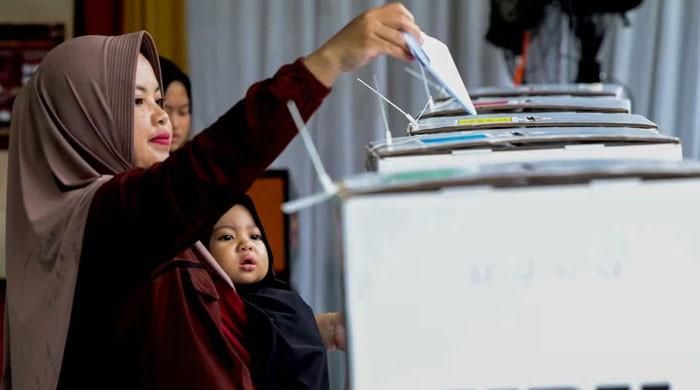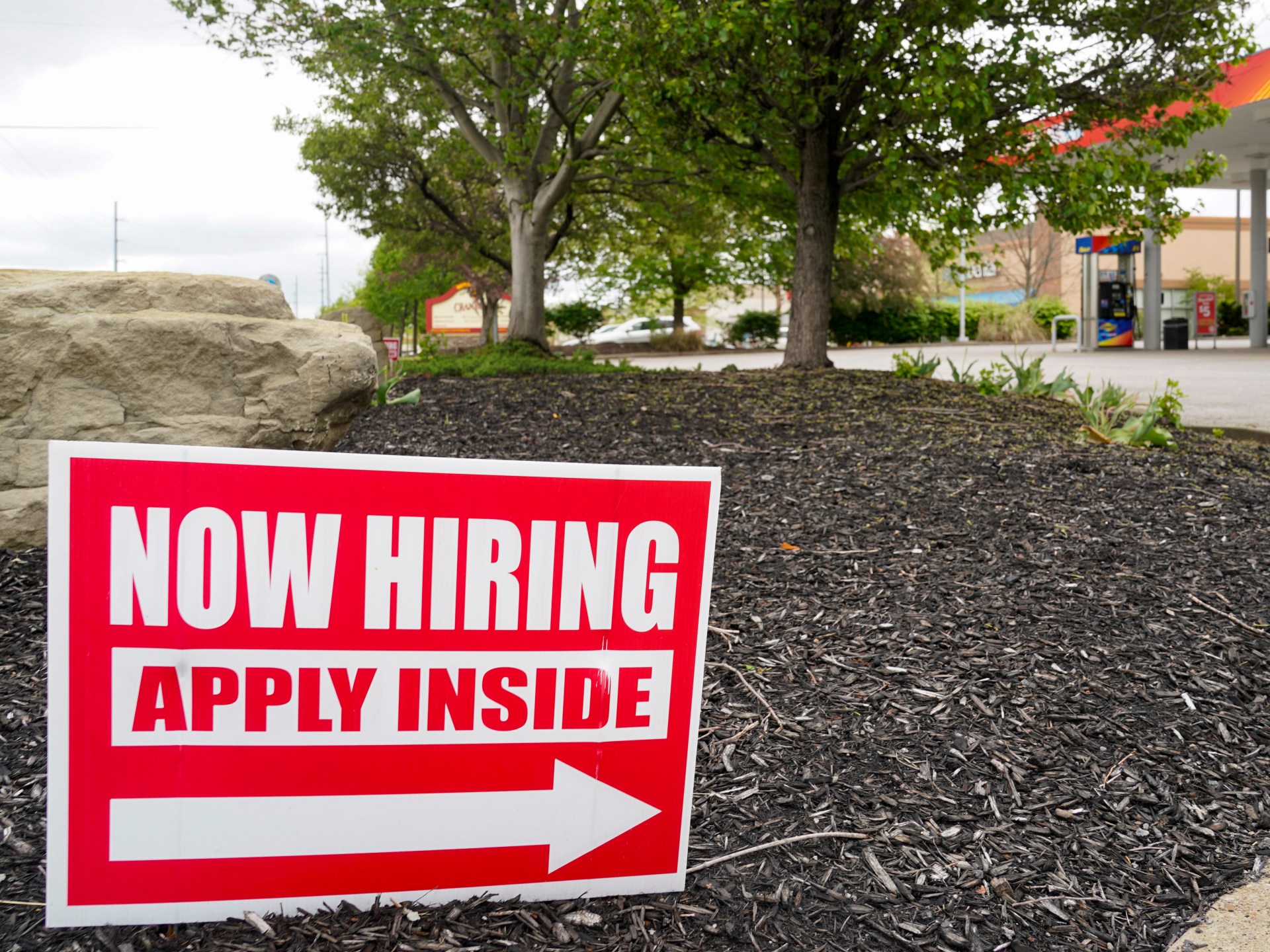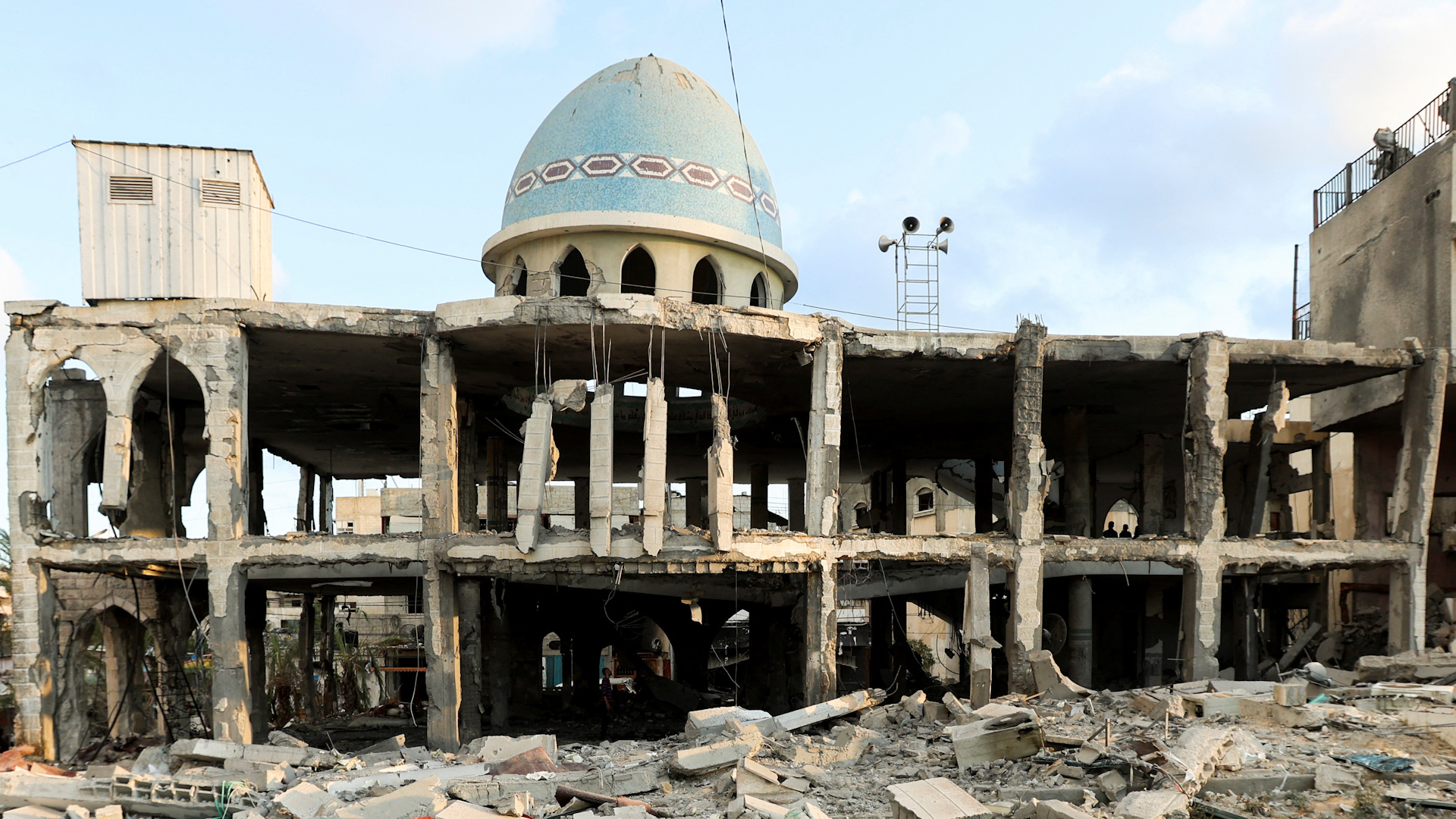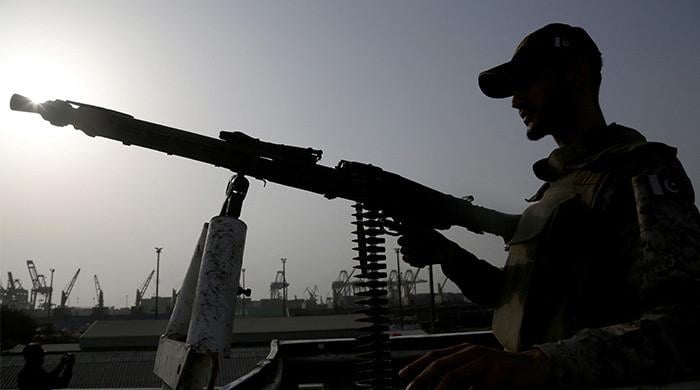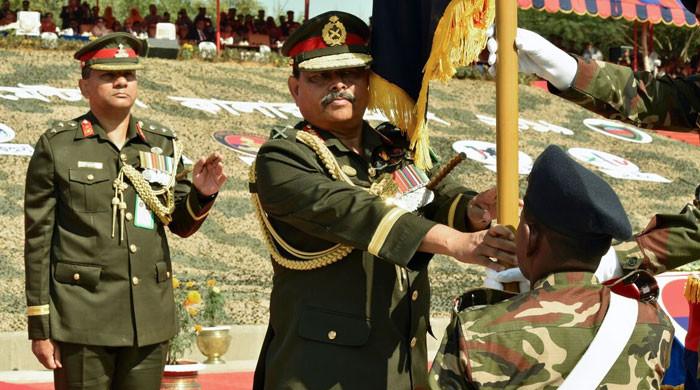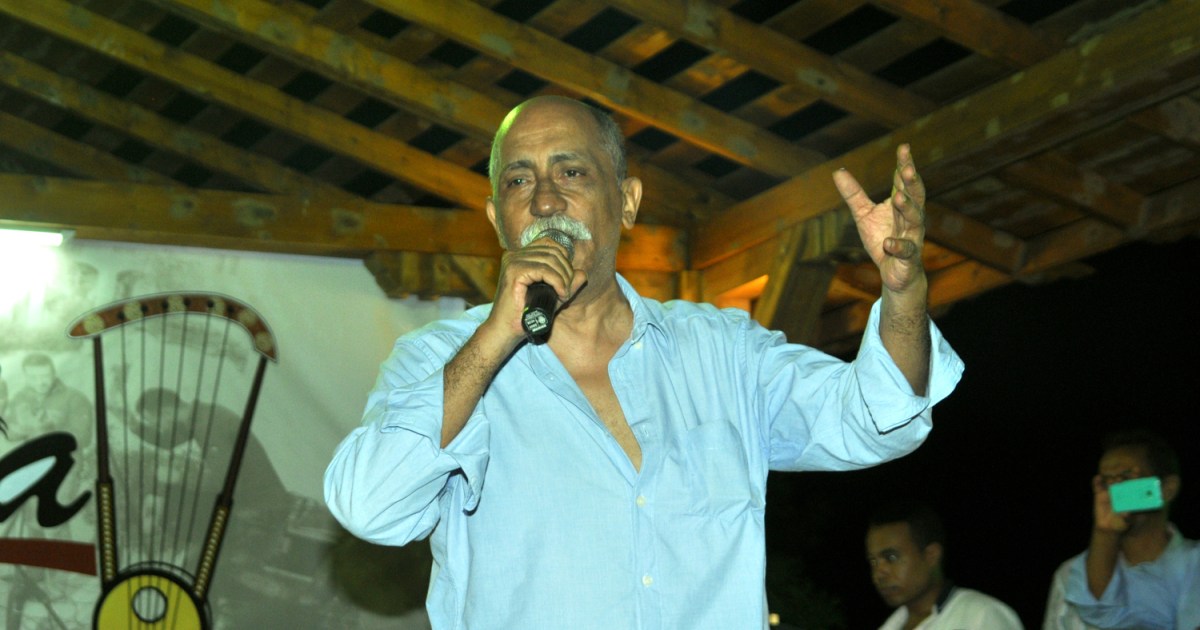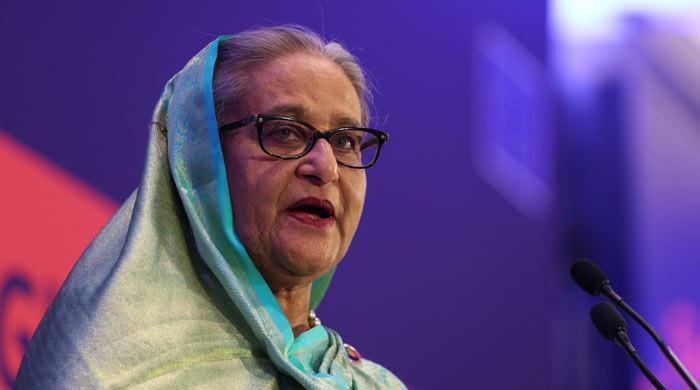To win directly, a candidate needs more than 50% of the votes and 20% of the ballots in half of the country's provinces.
- Polls show Prabowo Subianto has a commanding lead.
- Polls will close at 06:00 GMT, due to some flooding disruptions.
- Initial indications of the outcome are expected to emerge later today.
Indonesians took part on Wednesday in an election to succeed President Joko Widodo, whose influence could determine the future of the world's third-largest democracy, across the Southeast Asian archipelago.
The world's largest single-day election, involving nearly 259,000 candidates vying for 20,600 seats on 17,000 islands, focuses on the presidency and the fate of Widodo's ambitious agenda after a decade in charge of the economy of 1.3 trillion dollars. Reuters reported.
Indonesia's presidential race to replace Widodo, also known as Jokowi, involves former governors Ganjar Pranowo and Anies Baswedan, and front-runner Prabowo Subianto, a former special forces commander feared in the 1990s.
Two recent polls predict Prabowo would win the majority of the vote and avoid a second round, with 51.8% and 51.9% support.
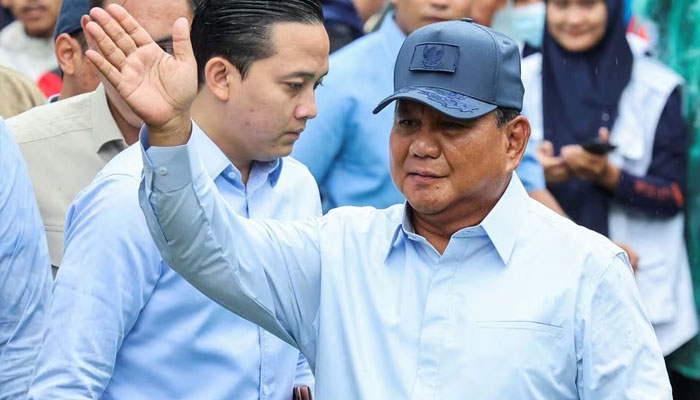
To win directly, a candidate needs more than 50% of the votes and 20% of the ballots in half of the country's provinces.
Novan Maradona, a 42-year-old businessman, said after voting in central Jakarta that he wanted a candidate who would continue the policies currently in place.
“If we start from scratch, it will take time,” he said.
Voters have six hours to cast their vote. Indonesia has three time zones and polling stations across the country are now open, with voting in western zones closing at 06:00 GMT.
The election got off to a slow start in Jakarta, with major storms causing flooding in parts of the capital.
The extent of the delays was unclear or whether they would affect voter turnout, but Jakarta's disaster management agency shared photos of a flooded polling station as officials moved voting materials to a safer location.
Initial indications of the result are expected to emerge later Wednesday, based on votes counted publicly at a sample of polling stations across the country. In previous elections, unofficial counts tabulated by reputable companies have been proven to be accurate.

